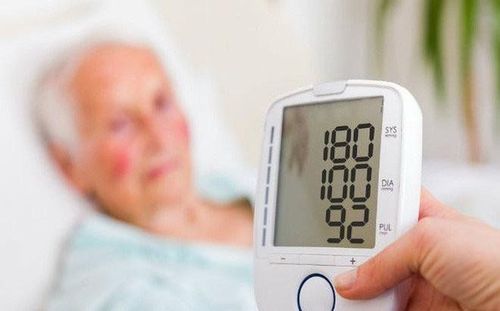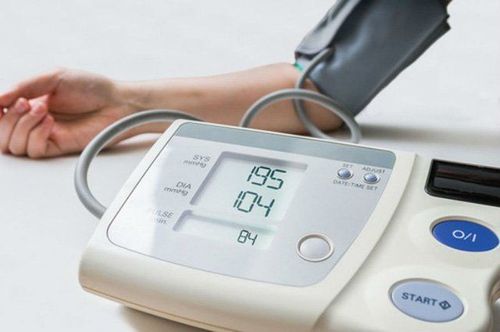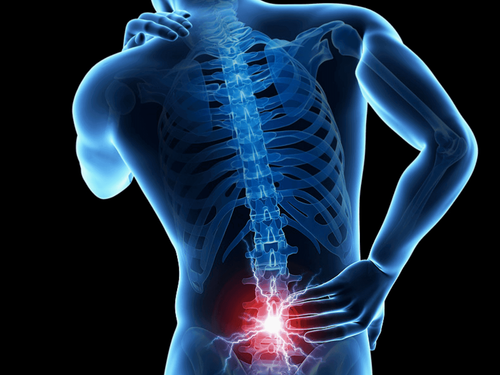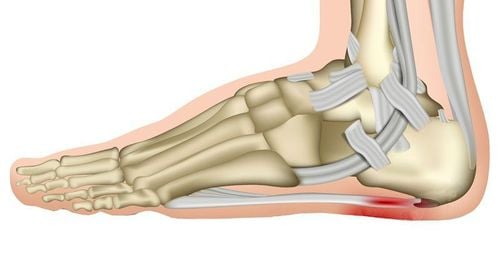Nội dung bạn đang tìm kiếm không có phiên bản tiếng Việt.
Vui lòng chọn tiếp tục để xem nội dung tiếng Anh hoặc đi đến trang chủ Tiếng Việt.
Rất xin lỗi về sự bất tiện này.

Home
Tag Cancer imprint
Articles in Cancer imprint
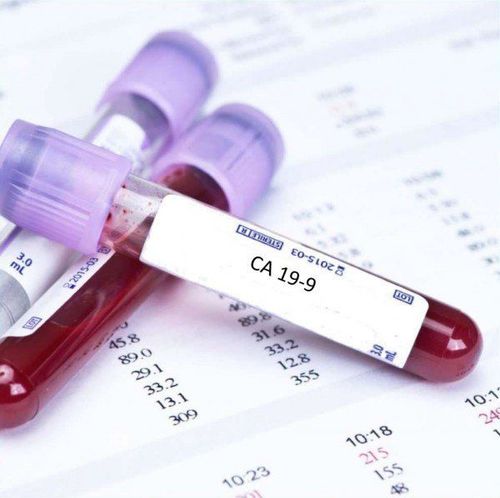
Cancer marker testing: List of tumor markers
While some tumor markers are readily available and commonly used clinically, others are not routinely tested due to poor sensitivity and/or specificity. Others are currently under investigation and continue to be evaluated in clinical trials. As research continues, and many areas continue to deepen, it is likely that more effective tumor markers will become available in the coming years, replacing older, less effective markers.
Xem thêm
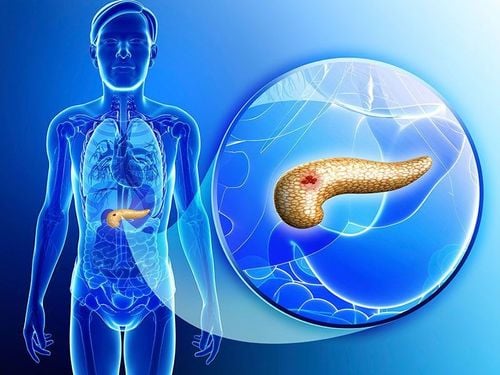
Normal and abnormal values of tumor marker CA 19-9
CA 19-9 is a tumor marker used in the diagnosis, assessment of patient response to treatment, and monitoring of patients with pancreatic or hepatobiliary cancer. In the diagnosis of pancreatic cancer, the presence of symptoms of pancreatic or biliary obstruction and elevated CA 19-9 will help the physician conclude the risk of pancreatic cancer rather than a benign pancreatic tumor.
Xem thêm
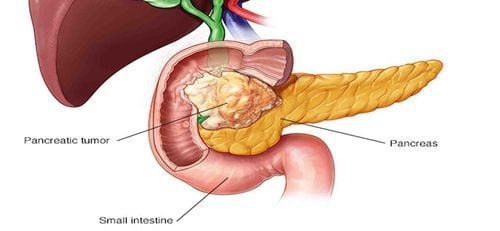
Learn about the cancer marker CA 19-9
CA 19-9 is a tumor marker used in the diagnosis, treatment evaluation, and monitoring of patients with cancer. Quantifying CA 19-9 (carbohydrate antigen 19-9) blood is a special test, supporting the diagnosis of cancer, especially pancreatic cancer.
Xem thêm

Childhood cancer screening: What you need to know
With the development of medicine today, cancer like many other diseases can be cured if detected and treated in time. If cancer in children is well screened, it will help detect it early to have the right treatment plan, giving them a better chance of recovery and a better life later on.
Xem thêm

CA 125: A marker of ovarian cancer
CA-125 is a cancer marker most commonly used to detect, monitor the effectiveness of ovarian cancer treatment and detect cancer recurrence after treatment. CA-125 testing done repeatedly over time is often more valuable than testing only once.
Xem thêm
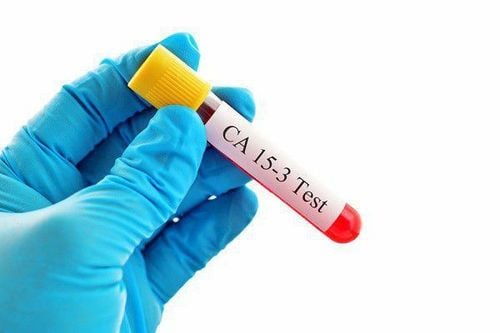
CA 15-3: A marker of breast cancer
Among many cancer markers, the CA 15-3 marker is commonly used to monitor treatment response and recurrence of breast cancer. In addition, CA 15-3 is also used to detect some other cancers and some non-cancerous conditions.
Xem thêm

CA 15-3 Normal and Abnormal Values: Breast Cancer Marker
CA 15-3 cancer antigen is commonly overexpressed in breast cancer cells. Therefore, high CA 15-3 is often used to monitor treatment response and recurrence of breast cancer.
Xem thêm
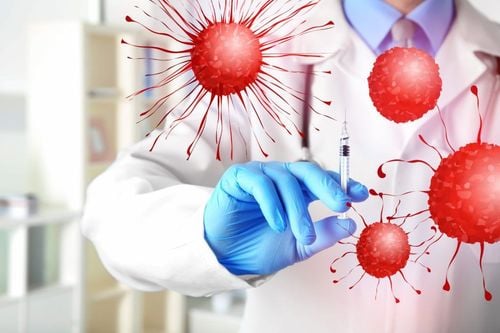
The role of cancer markers
Cancer markers are used to detect, diagnose, and monitor treatment for some cancers. Cancer that is not diagnosed early inevitably leads to death, all current treatment methods (surgery, chemotherapy, radiation therapy...)
Xem thêm
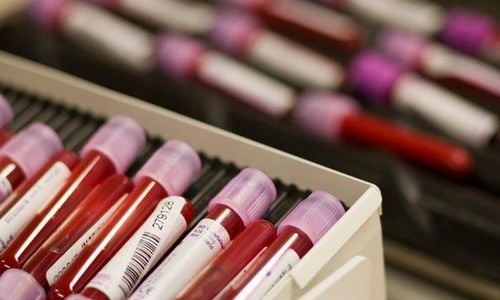
What is the SCC test? The role of SCC in cancer detection and monitoring
SCC is the best tumor marker for squamous cell cancers of the cervix, lung, head and neck, esophagus, and anus. Accordingly, the elevation of SCC in the blood correlates with disease stage, clinical presentation and tumor recurrence. SCC test is easy to perform, supports early diagnosis, prompt treatment, and brings high treatment efficiency to patients.
Xem thêm
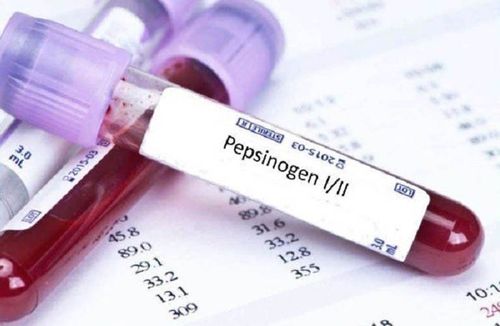
Pepsinogen quantification in non-invasive gastric cancer screening
Stomach cancer is a common disease, with the second leading cause of death in the world. The early diagnosis and treatment of stomach cancer will help improve the mortality rate in patients. Currently, the pepsinogen test is the noninvasive screening solution used for risk assessment and early detection of gastric cancer in at-risk patients.
Xem thêm
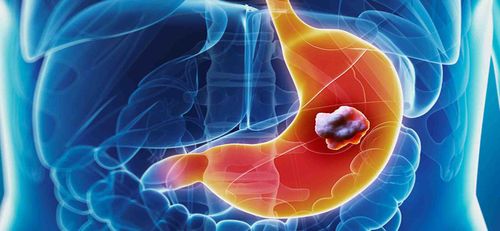
Learn about the cancer marker CA 72-4
Tumor markers are substances produced by cancer cells or other cells of the body in response to cancer or certain benign diseases. Most cancer markers are still produced by normal cells, but the amount of these substances is greatly increased in the case of actual cancer. In particular, the cancer marker CA 72-4 is a typical marker for gastric cancer.
Xem thêm






